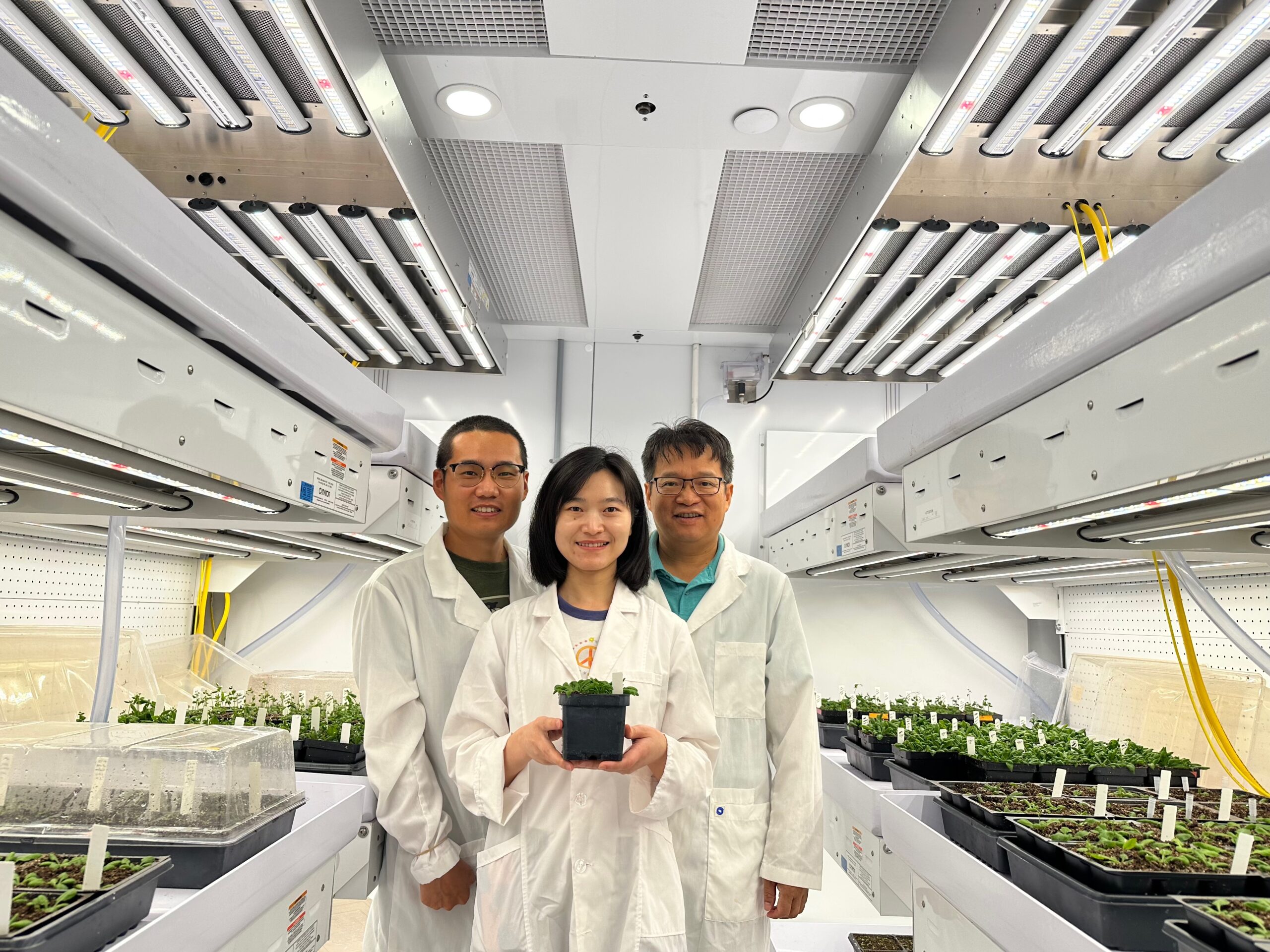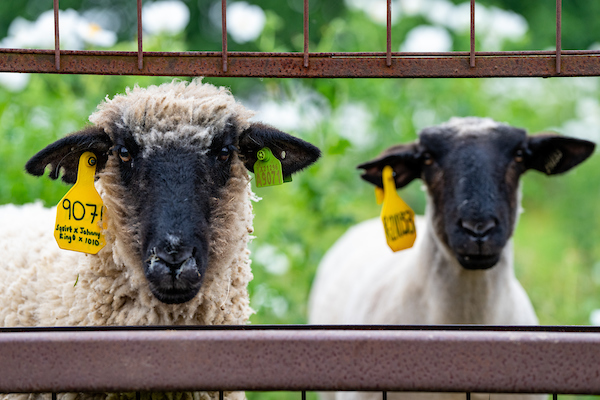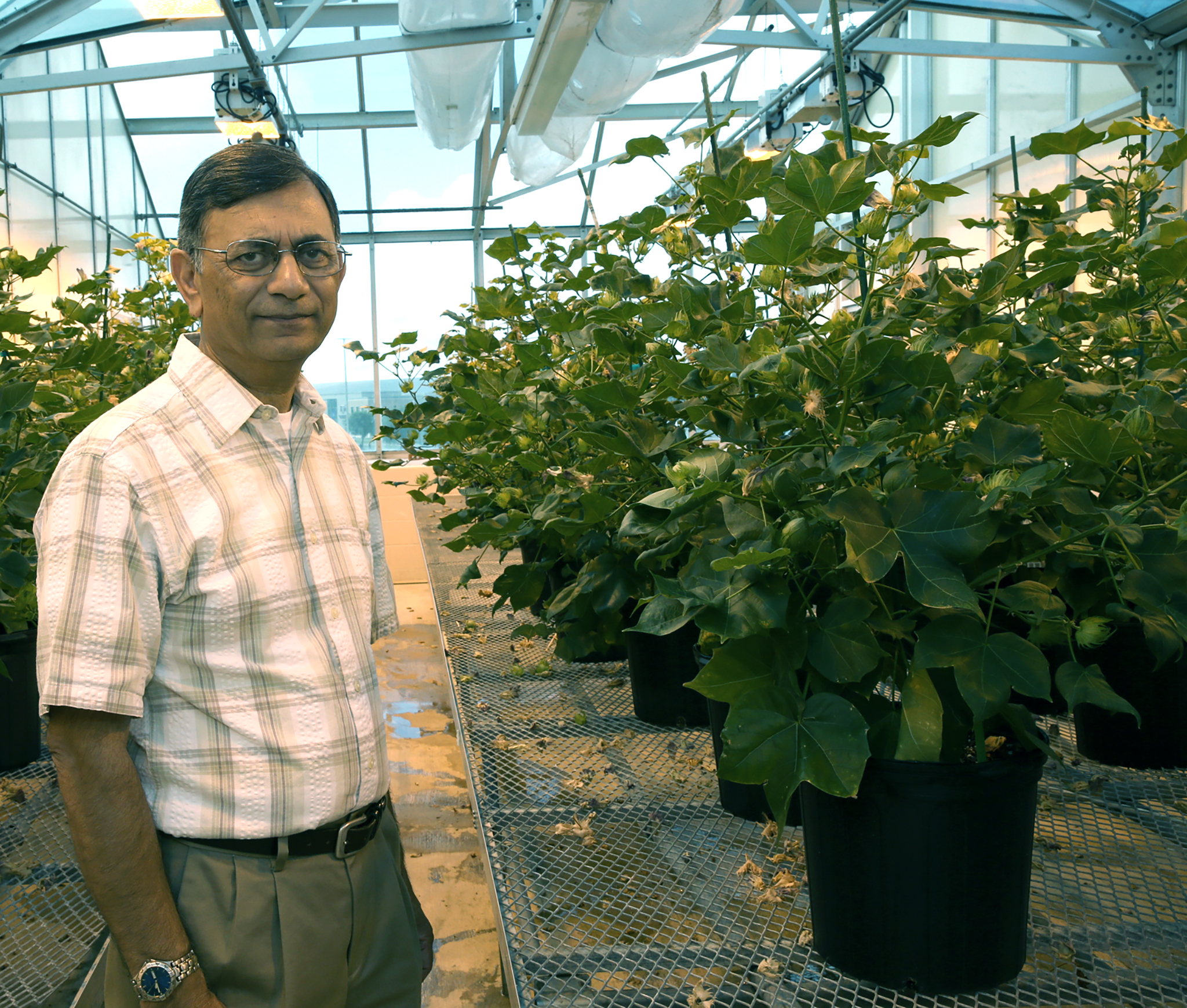Teaching sparks a passion and purpose in animal breeding and genetics field
Nan Zhang ’21 excels as a graduate student teaching assistant in Texas A&M’s Department of Animal Science
Nan Zhang ’21 never thought she would pursue a career in academia, much less teach undergraduate students about animal breeding and genetics. But with guidance from her major professor, Zhang is now a doctoral student beginning her sixth semester as a graduate student teaching assistant in the Texas A&M College of Agriculture and Life Sciences Department of Animal Science.
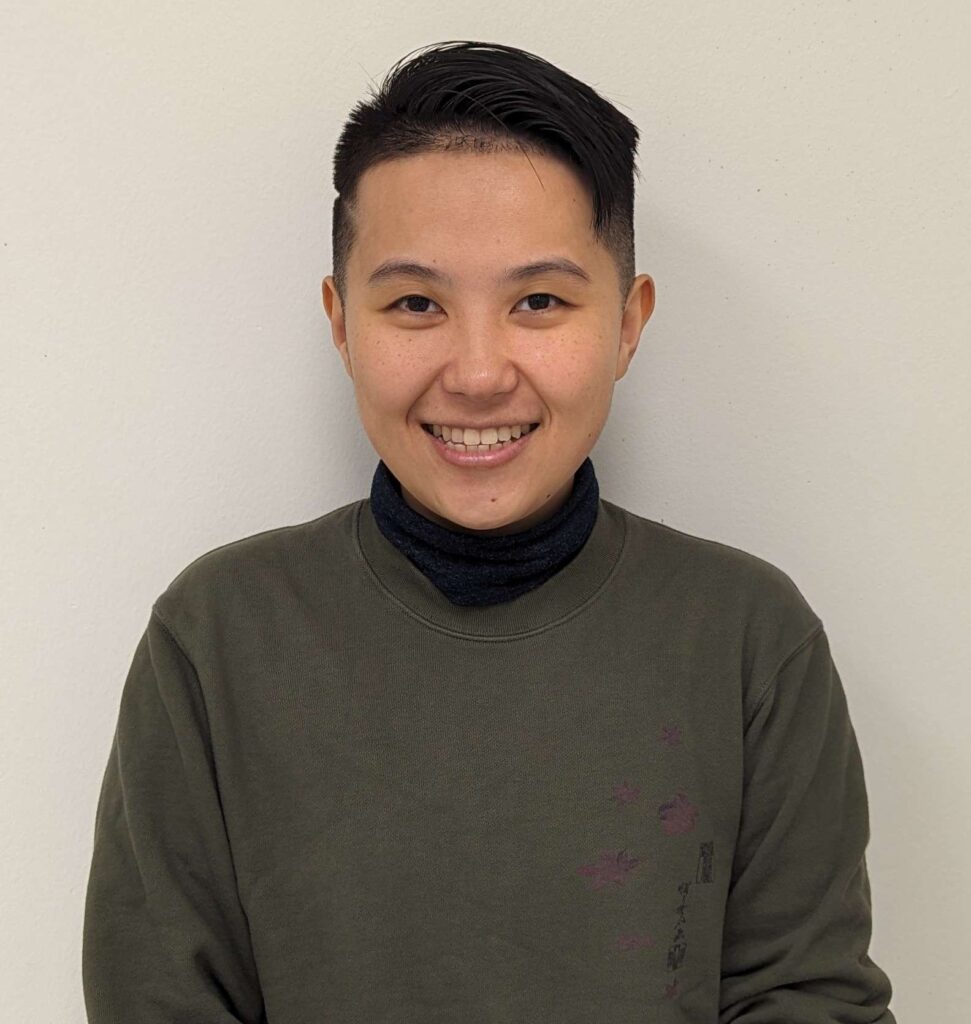
After graduating from an international high school in Beijing, China, Zhang began her undergraduate studies at Texas A&M University in August 2017. While she does not have a traditional agricultural background, Zhang chose the Department of Animal Science because of her interest in animals and the department’s reputation for offering diverse opportunities for students.
She graduated with a bachelor’s degree in animal science in May 2021 and continued her academic journey as a graduate student studying with David Riley, Ph.D., professor of animal breeding and genetics, Bryan-College Station, as her advisor.
Early in her graduate studies, Zhang said Riley and a fellow graduate student helped her realize a career path in the animal breeding and genetics field would offer opportunities to teach and practically apply research findings.
“They showed me how to conduct research, teach students and present results,” Zhang said. “Their guidance made me a better student and continues to help me along my journey.”
Teaching assistant experience offers experiential learning for Zhang
Zhang started as a teaching assistant in August 2021 for the animal breeding undergraduate course. She quickly became one of the department’s most successful and sought-after graduate teaching assistants. Riley said Zhang is enthusiastic about livestock breeding and genomics and connects well with students; he receives emails each semester from undergraduate students wishing to enroll in the sections that she will teach.
“After her first semester as a teaching assistant, I began to hear how much students liked and appreciated her in this role,” Riley said. “I steadily receive comments about Nan’s responsiveness, her helpful and cheerful attitude, and her genuine interest in their performance.”
The animal breeding course teaches students about livestock production systems, breeding strategies and how to use genetic information. Zhang is responsible for teaching the lab materials, which are supplemental to the lecture. These lab materials have been taught both in-person and online. In addition, Zhang leads review sessions, grades papers and exams, and offers support to students during designated office hours.
Teaching philosophy centers on engagement
Zhang’s teaching philosophy is to create an engaging learning environment that provides students with practical skills and scientific insights to help them excel in livestock management and research. She strives to meet students’ individual needs and works diligently to foster academic success for each student.
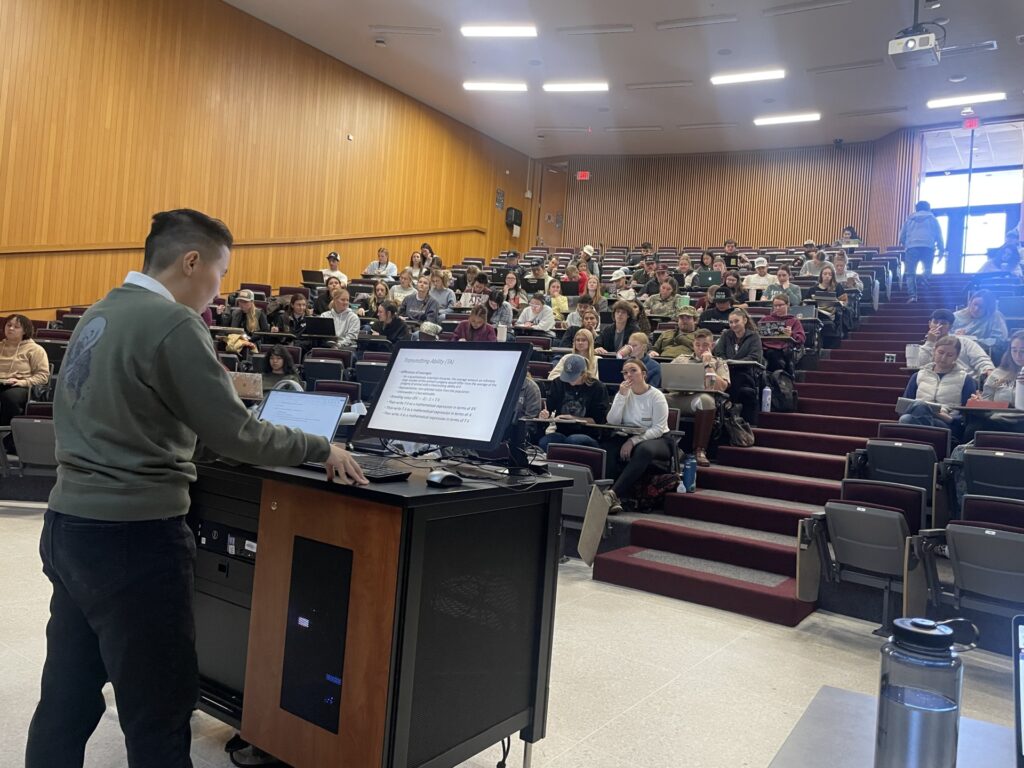
During the COVID-19 classroom restrictions that forced lab sessions to be conducted online, she quickly realized that not all students were able to effectively learn in this manner. She recalled this as a challenging time, but Zhang learned the importance of communication and was willing to help students with additional resources.
“I learned to actively reach out, which helped in terms of better academic success for students,” Zhang said. “Sometimes all they need is an extra explanation or a different example to understand a seemingly hard concept.”
Over time, Zhang evaluated the best way to deliver different materials, resulting in an update to the course’s homework philosophy as a means for engagement and experiential learning.
“She has a sense of what generates genuine learning in students,” Riley said. “Nan is an expert in our online learning management system and has suggested multiple upgrades to engage students in the system and to craft exams to be learning experiences, rather than just assessments of knowledge.”
As a student, Zhang has learned many skills herself through the heavy teaching assistant courseload of more than 50 students each semester. She has learned time management skills by balancing the demands of teaching, research and other work associated with her doctoral studies. But through it all, she has found gratification from helping students.
“I have enjoyed the chance to help students through my teaching experiences and encountering students with wonderful skills in learning and critical thinking,” Zhang said.
Finding a community and purpose
Zhang knew about the exceptional academic opportunities at Texas A&M and the largest, most complex animal science department in the nation, but as a new undergraduate student, she worried about finding her place in such a large campus and community. She quickly found her worries were unfounded and is now particularly grateful for the strong support system she discovered six years ago.
“Beyond its outstanding academic offerings, the warmth of community is what sets Texas A&M apart,” Zhang explained. “As an international student, one of my biggest fears was being lonely here, but that has proven to be wrong. Everyone has treated me with kindness and mutual respect, and I’m proud to be a member of the Aggie family.”
The faculty’s influence and support have also helped Zhang succeed as both a teacher and researcher. Zhang said their interest in her success has impacted her career path and life.
Riley said her natural teaching ability and methods shine through in all settings. Whether in the classroom, lab or field, Zhang fosters a connection between the topic and how it applies to the livestock industry.
“Nan frequently accompanies me to work in our research herds and attend meetings with colleagues and producers,” Riley said. “She effectively presents the results and information from our projects because she approaches those presentations like she is teaching the topic.”
Through it all, Zhang finds the practical application of genetics fascinating and looks forward to how her work will improve the livestock industry.
“We can actually improve the industry by analyzing collected data,” Zhang said. “Knowing that my work can have practical and beneficial application motivates me to continue on this path.”

